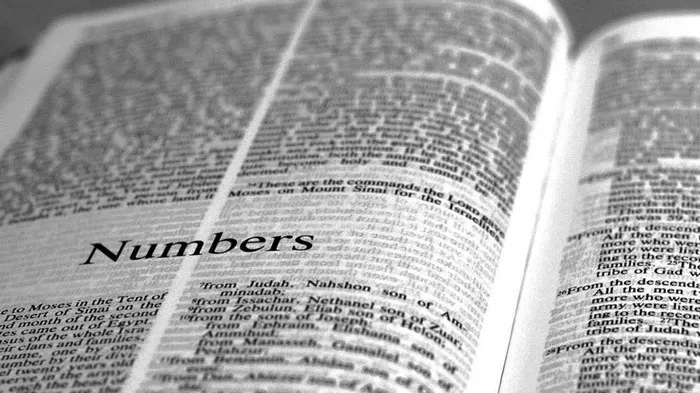Numbers Chapter 18 Summary
Numbers 18 clarifies the duties and privileges of priests (Aaron‘s lineage) and Levites. God assigns Aaron and his sons responsibility for the sanctuary and altar (18:1-7), while the Levites assist them (18:2-4). In return for their service, priests receive portions of offerings (18:8-19), and Levites are given tithes from Israel (18:21-24). However, Levites must also tithe their received tithes to the priests (18:25-32). The chapter emphasizes sacred accountability—those serving God must honor His holiness while being sustained by His provision. This system prevents further rebellions like Korah’s (Num 16) by clearly defining priestly roles and inheritance.
Bible Numbers Chapter 18
Welcome to read Numbers Chapter 18. Here is the list of Numbers Chapter 18:
What Does Numbers Chapter 18 Teach Us?
Numbers 18 establishes clear roles and responsibilities for the priests (Aaron and his sons) and Levites in Israel’s worship system. Following the rebellions in previous chapters, God reaffirms the sacred duties of the priesthood while warning against unauthorized approaches to the sanctuary. This chapter provides vital lessons on divine order, accountability, and provision for those called to serve God.
Key Lessons:
Sacred Responsibility Comes with Boundaries
Only priests could handle the altar and holy objects (18:1-7); others who approached risked death. This teaches that God’s work must be done His way, not ours.
God Provides for His Servants
The priests and Levites received no land inheritance but were sustained through tithes and offerings (18:8-24). This shows that God faithfully provides for those dedicated to His service.
Holiness Requires Separation
The Levites were set apart to assist the priests (18:2-4), illustrating that God’s work demands consecration from worldly distractions.
Accountability in Stewardship
The priests had to carefully manage the offerings (18:8-19), reminding leaders that God’s resources must be handled with integrity.
The Privilege of Covenant Partnership
The tithe given to the Levites was, in turn, tithed to God (18:25-32), showing that all provision ultimately belongs to Him.
Conclusion
Numbers 18 emphasizes that God’s kingdom operates on divine order, not democratic opinion. After the chaos of rebellion, this chapter restores structure:
Leadership is God-appointed, not self-assumed.
Service requires holiness, not convenience.
Provision follows obedience, not entitlement.
For believers today, this underscores that true ministry is stewardship, not ownership. Like the Levites, we’re called to serve faithfully, trust God’s provision, and honor His boundaries. Whether in leadership or support roles, our work for God must be marked by reverence, diligence, and gratitude—knowing He sustains those He calls.
Related topics:


